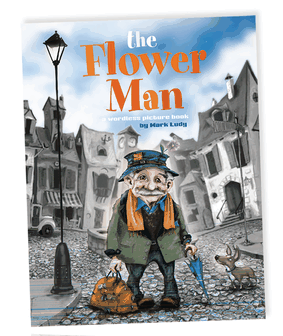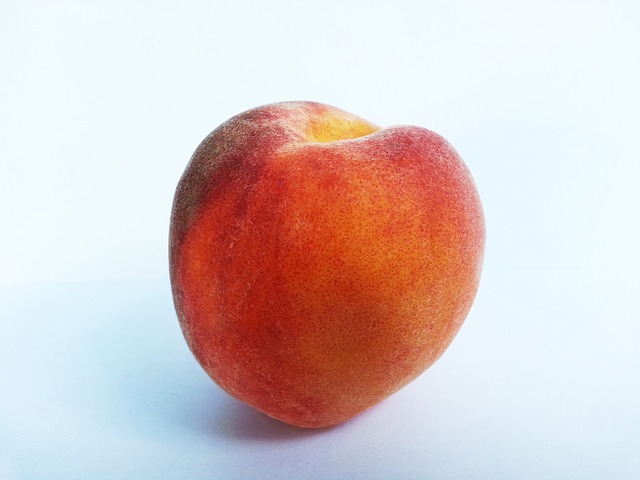Tips, strategies, approaches, attitudes and ways to support a person living with disability in particular brain injury

Image Clker.com Kelly
Brain injury + misunderstood + hard to understand = The outcomes of brain injury can easily seem very personal. Every week I receive letters, comments on the blog, messages via Facebook - talking about people’s experience, living with brain injury. This is an aspect of writing ChangedLivesNewJourneys that I really, really enjoy so please keep writing. The foundation of many letters and stories I receive are three points: [ordered_list style="decimal"] Brain injury is hard to understand. Brain injury is often misunderstood. The outcomes of brain injury are often taken personally by others.[/ordered_list] Now I realise I am in danger of becoming a broken- record- reporter. I will accept that risk and write yet another article with the reminder “Please don’t take it personally. It’s the brain injury talking” Examples below are just some of the potential outcomes causing brain injury misunderstood. Today speaking from the brain’s point of view! With my broken record statement - repeated - just as a reminder…
An article "When Can't Is About Power' by Cheryl Green really got me thinking. I reckon most of us have been on one side or other of this conversation at some time. If you have visited Changed Lives or Changed Lives New Journey's Facebook you probably know I am a big Cheryl Green and Who Am I To Stop It fan. Her energy and talent are limitless. Today with her generous permission I am reposting this article from her blog. While I am still struggling to learn the ropes, Cheryl has mastered audio recordings and reads her posts in addition to the written word so I recommend visiting Cheryl’s site if you would like to listen OR you can listen HERE: I still recommend a visit to www.whoamItostopit.com as there is so much more to discover. “When “Can’t” Is About Power by Cheryl Green I heard someone say this once: “I can’t do that anymore since my brain injury.” And the person…
Emotions. Books are devoted to them. Movies rely on them. Life can depend on them. What can happen to our emotions after brain injury? Thinking about emotions after brain injury was brought to my mind after speaking with a woman who has a public speaking role. We discussed her continuing this role despite difficulty controlling her crying after brain injury. Before talking about emotions after brain injury. A moment to think about just how important our emotions are? I heard recently that an ‘emoji’ has just made it into the Oxford Dictionary as word of the year. Imagine - little digital images of faces now recognised by the Oxford Dictionary. My grandmother would be shaking her head in disbelief. Yet it says - emotions are important. The emoji adds emotion to our message written message. Yet rarely do we think about the complex system needed to ensure we have the right emotion, at the right time, and just the right amount…
PEACH is a simple tool supporters can use when gathering information about a person and their brain injury. It can help to understand the bigger story. PEACH is particularly useful when behaviour is challenging. First though – a little disclaimer – I know I am always disclaiming myself from something. I just like to be clear. A Little Disclaimer about PEACH and Gathering Information About Brain Injury: This tool I am sharing has been used mainly by people working with people with brain injury. This tool might also be useful as a self directed thingy if you are someone living with brain injury - I have not tested this out. You could give it a go. If you are family member or friend– same, same – it might be helpful. Feel free to try it out - or you could skip today's article but please come back next week. I do hope there is something here for everyone. If it…

The Flower Man by Mark Ludy
Sometimes you discover treasures that help you to learn, to think, and to teach in the most unexpected places. The example that prompted this deep thought is ‘The Flower Man by Mark Ludy’ a childrens’ book, that is more than a childrens’ book. This came about when I was attending training on strengths based practice in the lovely country, Victorian, town of Bendigo (Australia). The organization St Lukes not only have a great online shop, and newsletter – SOON. At the time of my visit they also had a wonderful book shop in the middle of the town. Hours went by in that shop. Delicious hours. I came out with Strengths cards which were fantastic tools in training and working with families. A Strengths based practice manual. A book A Strengths Approach I have mentioned here before. And other things I have forgotten just now. My prize that day was ‘The Flower Man’ by Mark Ludy. This book is filled with lovely…

Celebration after brain injury Image by
Celebrations after brain injury can be tricky. This article is updated and reposted each year before the end of year. Timed for when Christmas, Hannukah, New Year and other celebrations abound. It acknowledges that managing celebrations after brain injury can be difficult. Filled with expectation and anticipation - it does not always deliver on the promise. It would be great to hear from you about your own experiences and strategies. Managing Celebrations after Brain Injury 2015 I do not want to be accused of being the Grinch who stole Christmas, so please let me start by wishing those of you celebrating Christmas a very special time. And for everyone I hope it is a wonderful new year. Why am I in danger of being called the Grinch? Well, in the middle of a major holiday celebration, I am about to suggest that birthdays, anniversaries, Christmas, and celebrations after brain injury do not always go so well together. Expectations can be high and…

Image kindly donated by Chris Scott
Finding out about sensory overload after brain injury has been tricky. Many months, (maybe over a year ago), I received a letter asking for information about sensory overload in adults after brain injury. While I did not have a lot of first-hand experience, I figured when researching all things 'brain' - information is usually plentiful. I was surprised that I could not find a whole lot of information on sensory overload for adults after brain injury. Consequently this article has been a long time in the making. Please feel free to help out with additional information and references. Sensory Overload - Sensory Flooding “Sensory Flooding” is another term I discovered. I like the clear picture that the term “flooding” gives. Brain injury can reduce or remove filters. This enables sensory information to ‘flood’ the brain. Overwhelming it. Creating surges just as flood waters do. What is Sensory Overload? One important function of the brain is to filter incoming information…
Learning about brain injury can happen in many ways: from people living with brain injury, from their family, friends and support network. From courses, reading, watching, listening to stuff about brain injury (sometimes enlightening - sometimes sleep provoking). From reading Changed Lives New Journeys – your favourite of course! One method of learning I enjoy is to challenge myself to see how things not written about brain injury can help understanding. Confused – have a look at this example I wrote a while ago using Winnie the Pooh to promote learning about brain injury. Today it is the writing of Douglas Adams. Why Douglas Adams? Last night I was talking to a friend and she began quoting “Hitchhikers Guide to the Galaxy” by Douglas Adams. There was a shocked look when I confessed I had never read it. As we talked I recalled a well thumbed book that helped me travel Europe many years ago “Hitchhikers Guide to Europe” by Ken…
Before you begin building brilliant strategies for brain injury - first a ‘Think One’ reminder. When you are thinking about building brilliant strategies for brain injury there is: No one strategy, No one right way, No one solution, There is no one easy way! Well that’s hardly a great start to building whiz bang strategies for brain injury! Doesn’t seem very helpful does it? I just believe you can save a lot of time, frustration and disappointment if you begin by understanding this. So the first tip for building great strategies is to understand there are a lot of “mights” and no one right way when working to change the outcomes of brain injury. What Works and What Does Not When you get a new gadget it sometimes has a disclaimer in very small print that tells you all the reasons why your gadget may not work! Well I am going to start out here – in normal print – and…
A neuropsychological assessment after brain injury is often recommended. In my experience this can be a source of worry to people living with brain injury and their families. Concerns include how this will be done and what the benefit will be. A support worker recently asked me how they could support a person who was about to have a neuropsychological assessment after brain injury. This lead me to try and answer some common questions here. This article will briefly look at: [unordered_list style="tick"] Why Neuropsychological assessment might be done. Steps that might be taken to prepare for the assessment. What is likely to happen in the assessment. What is assessed. What a person living with brain injury, and their family might get from the assessment. [/unordered_list] Why Undertake A Neuropsychological Assessment After Brain Injury? To provide information to people involved; For the person with the injury, their family and supporters such as where damage might have occurred and its impact on…






